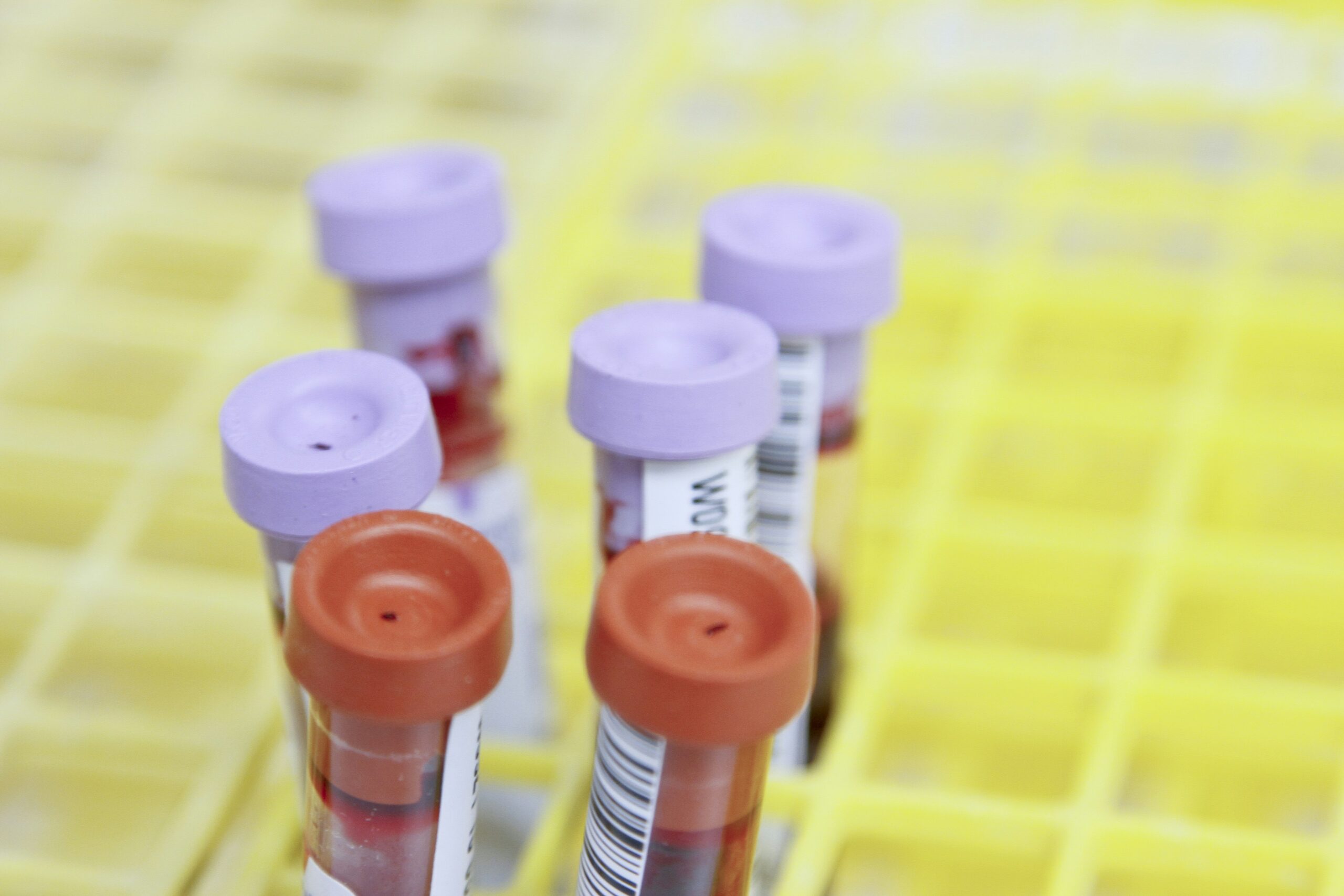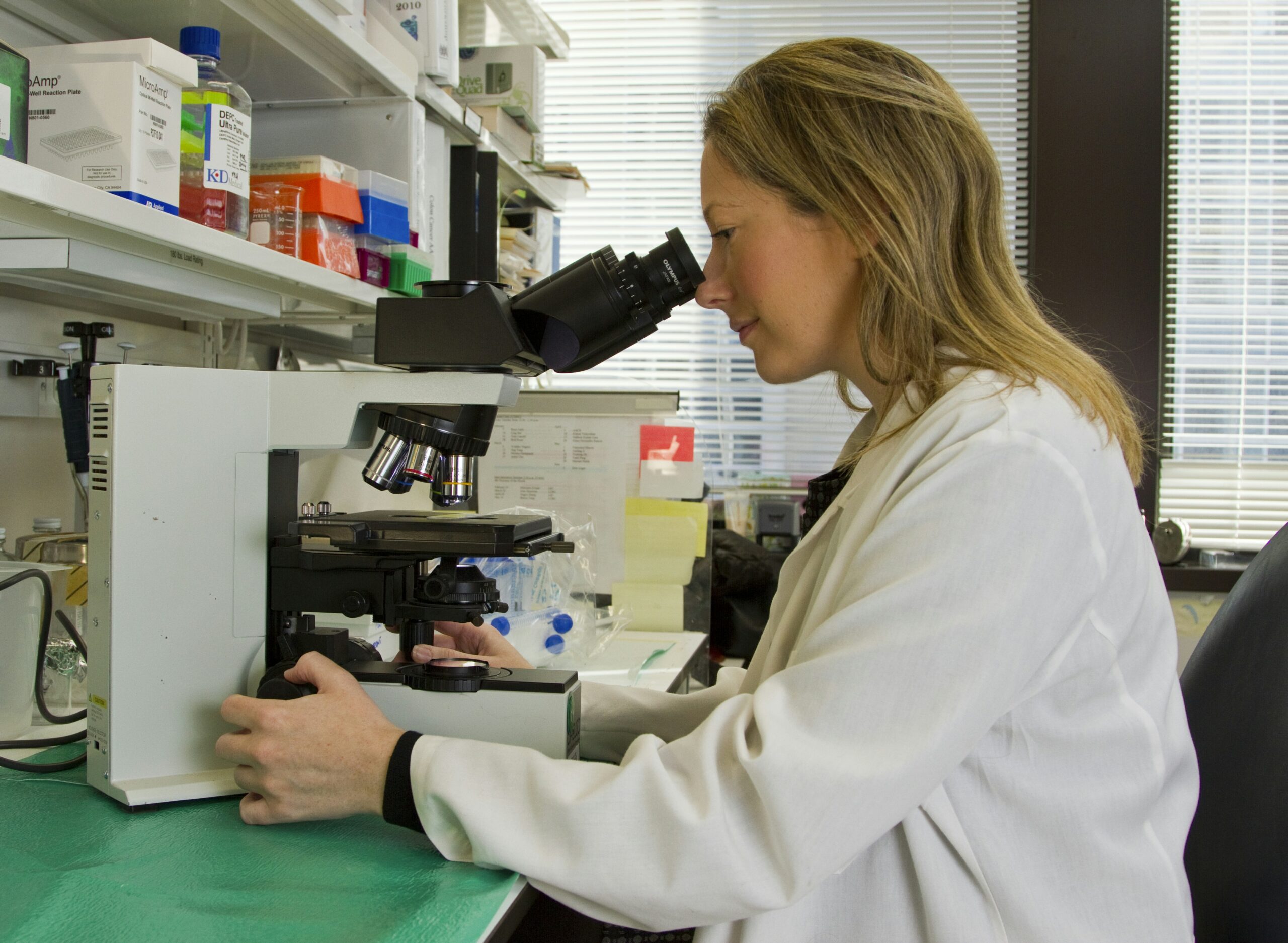You've probably heard of hormonal changes impacting various aspects of your health, but did you know they could also affect your prostate? Yes, it's true! Hormonal changes can indeed cause a swollen prostate. But before we delve into the details of how this happens, let's take a moment to understand what exactly a swollen prostate means.
Overview of the Prostate
General function
The prostate is a small gland found in the male reproductive system. Its main function is to produce and secrete fluid that forms part of semen, which nourishes and protects sperm during ejaculation. The fluid produced by the prostate also helps to improve sperm motility and fertility.
Anatomical location
The prostate is located just below the bladder, surrounding a portion of the urethra. It is roughly the size and shape of a walnut and consists of several lobes. Its position in close proximity to the urethra allows it to affect urinary function when enlarged.
Problems associated with the prostate
While the prostate plays a crucial role in reproductive health, it is also prone to various issues. Some common problems associated with the prostate include prostate enlargement, inflammation (prostatitis), and the development of prostate cancer. These conditions can have a significant impact on urinary and sexual function, as well as overall quality of life.
Understanding Prostate Enlargement
Common causes
Prostate enlargement, also known as benign prostatic hyperplasia (BPH), is a common condition that typically affects older men. While the exact cause of BPH is not fully understood, hormonal changes, particularly in levels of testosterone and estrogen, are thought to play a role. Additionally, age and genetic factors may contribute to the development of an enlarged prostate.
Conditions that involve the prostate
In addition to BPH, other conditions can also affect the prostate. Prostatitis, which is inflammation of the prostate, can occur due to infection or non-infectious causes. Prostate cancer, a malignant growth in the prostate, is another condition that warrants attention. Understanding these conditions can help identify symptoms and seek appropriate medical care if necessary.
What is Benign Prostatic Hyperplasia (BPH)?
Benign prostatic hyperplasia, or BPH, is a non-cancerous enlargement of the prostate gland. As men age, the prostate naturally grows larger. However, in some cases, this growth can become excessive, leading to the development of symptoms such as urinary frequency, urgency, weak urine flow, or difficulty initiating urination. BPH is generally a progressive condition, but it is important to note that it is not associated with an increased risk of prostate cancer.

Effects of Hormonal Changes on the Prostate
The role of hormones
Hormones, particularly testosterone and estrogen, play a vital role in maintaining prostate health. Testosterone, the primary male sex hormone, is responsible for the development and maintenance of male sexual characteristics. Estrogen, typically associated with female reproductive health, is also present in small amounts in males and is important for hormonal balance.
How hormones can affect prostate size
Fluctuations in hormone levels, specifically an imbalance between testosterone and estrogen, can lead to changes in prostate size. Testosterone acts as a stimulant for prostate growth, while estrogen helps to regulate its function. When the ratio between these hormones becomes imbalanced, such as when testosterone decreases or estrogen increases, the risk of prostate enlargement increases.
What hormones are involved in prostate growth
Testosterone and dihydrotestosterone (DHT) are the primary hormones involved in prostate growth. Testosterone is converted into DHT in the prostate gland, where DHT acts as a more potent stimulator of prostate growth. While both hormones are necessary for normal prostate function, imbalances in their levels can contribute to the development of prostate enlargement.
Testosterone and Prostate Swelling
Description of testosterone and its relation to the prostate
Testosterone is a steroid hormone produced primarily in the testes, although small amounts are also secreted by the adrenal glands. It plays a crucial role in male development, including the growth of the prostate gland. Testosterone levels typically peak during adolescence and early adulthood, and gradually decline with age.
The effects of high and low testosterone on prostate function
Both high and low levels of testosterone can have an impact on prostate function. High levels of testosterone can stimulate prostate growth and potentially contribute to the development of BPH. On the other hand, low levels of testosterone can affect prostate health by reducing its ability to function properly.
Correlation between testosterone and prostate swelling
While the exact relationship between testosterone and prostate swelling is complex and not fully understood, studies have shown a correlation between lower levels of testosterone and an increased risk of developing BPH. However, it is important to note that testosterone replacement therapy should be carefully monitored and discussed with a healthcare professional, as it may carry potential risks and side effects.

The Role of Estrogen in Prostate Swelling
Influence of estrogen on the male body
Although commonly associated with female reproductive health, estrogen also plays a role in the male body. It is produced in small amounts by the testes and adrenal glands and helps regulate various processes, including bone health and cardiovascular function. In the context of prostate health, estrogen helps to maintain hormonal balance and prevent excessive prostate growth.
Effect of estrogen on prostate health
Estrogen works in conjunction with testosterone to maintain prostate health. It helps counterbalance the stimulating effects of testosterone on prostate growth and may inhibit the development of BPH. However, an excessive amount of estrogen or an imbalance between testosterone and estrogen can contribute to prostate swelling and other prostate-related issues.
The relationship between estrogen levels and prostate swelling
Research suggests that an increase in estrogen levels relative to testosterone can promote the development of prostate enlargement. This imbalance can occur as a result of various factors, including age-related hormonal changes, obesity, or exposure to certain environmental factors. Maintaining a healthy balance of estrogen and testosterone is crucial for optimal prostate health.
Dihydrotestosterone (DHT) and Its Impact on Prostate Health
Understanding the function of DHT
Dihydrotestosterone (DHT) is a hormone that is derived from testosterone through the action of an enzyme called 5-alpha-reductase. It is more potent than testosterone and plays a significant role in the growth and development of the prostate gland. DHT levels vary depending on age, genetics, and overall hormonal balance.
The effect of DHT on prostate size
DHT is a critical factor in prostate growth and is believed to contribute to the development of BPH. It binds to specific receptors in the prostate and stimulates the proliferation of prostate cells. In cases where the conversion of testosterone to DHT is increased, such as in the presence of high levels of 5-alpha-reductase enzyme, the risk of prostate enlargement may be higher.
The connection between DHT levels and prostate enlargement
Studies have shown that higher levels of DHT are associated with an increased risk of developing BPH. However, it is important to note that DHT alone is not the only factor contributing to prostate enlargement. Hormonal imbalances, genetic factors, and lifestyle choices can also influence the relationship between DHT levels and prostate health.

Age as a Factor in Hormonal Changes and Prostate Size
How aging affects hormone levels
As men age, hormone levels, including testosterone, naturally decrease. This decline typically begins around the age of 30 and continues gradually throughout life. The reduction in testosterone levels can contribute to hormonal imbalances and potentially influence prostate size and function.
Relationship between age, hormones, and prostate health
The relationship between age, hormones, and prostate health is complex. While it is common for the prostate to undergo enlargement with age, not all men will develop BPH. Hormonal changes, genetic factors, and lifestyle choices can all play a role in determining an individual's risk of developing prostate-related issues as they age.
Age-related prostate disorders and their relation to hormones
Age-related prostate disorders, such as BPH and prostate cancer, are influenced by hormonal changes that occur over time. The decline in testosterone levels and alterations in hormonal balance can contribute to the development of these conditions. Regular monitoring and early detection through routine check-ups are crucial for managing age-related prostate disorders effectively.
Lifestyle Factors that Influence Hormonal Levels and Prostate Health
Impact of diet and nutrition
Diet and nutrition play a significant role in maintaining optimal hormonal balance and prostate health. Consuming a well-balanced diet that includes plenty of fruits, vegetables, whole grains, lean proteins, and healthy fats can provide essential nutrients that support hormonal function. Specific foods, such as tomatoes, which contain lycopene, have been associated with potential prostate health benefits.
Role of exercise and physical activity
Engaging in regular exercise and physical activity can positively impact hormone levels and prostate health. Exercise has been shown to reduce the risk of BPH and prostate cancer, likely due to its ability to regulate hormone levels and promote overall well-being. Incorporating moderate-intensity exercise, such as brisk walking or swimming, into daily routines can contribute to better prostate health.
Effect of stress on hormone levels and prostate health
Chronic stress can have detrimental effects on hormonal balance and overall prostate health. Excessive stress can disrupt the production and regulation of hormones, including testosterone and cortisol. High levels of cortisol, a stress hormone, can potentially interfere with prostate function and contribute to the development of prostate disorders. Adopting stress-management techniques, such as meditation or regular relaxation exercises, can help mitigate these effects.

Medical Treatments that Influence Hormonal Levels
Hormone replacement therapy (HRT) and its effects
Hormone replacement therapy (HRT) is a medical treatment that involves supplementing hormonal deficiencies, such as testosterone, to restore hormonal balance. HRT can be beneficial for men experiencing symptoms related to low testosterone levels, including decreased libido and energy. However, HRT should only be undertaken under the supervision of a healthcare professional, as it carries potential risks and side effects.
Potential benefits and risks of testosterone therapy
Testosterone therapy, a form of HRT, may offer benefits for men with low testosterone levels. It can improve symptoms associated with hormonal imbalances, such as reduced muscle mass and bone density. However, testosterone therapy carries potential risks, including an increased risk of heart disease and prostate cancer. Determining the appropriateness of testosterone therapy should involve a careful evaluation of individual health risks and benefits.
Medications that can impact hormonal balance
Certain medications can impact hormonal balance and potentially influence prostate health. Some medications, such as finasteride and dutasteride, inhibit the conversion of testosterone to DHT, reducing the risk of prostate enlargement. However, it is essential to consult a healthcare professional to understand the potential benefits and risks of medication use, as they can vary depending on individual circumstances.
Preventive Measures and Management for Prostate Swelling
Importance of regular check-ups and early detection
Regular check-ups and prostate cancer screenings are crucial for maintaining prostate health. Routine visits to a healthcare professional can help detect any abnormalities or changes in prostate size early on, allowing for timely intervention and management. Early detection of prostate-related issues, including BPH or cancer, can significantly improve treatment outcomes and overall quality of life.
Benefits of a balanced diet and adequate exercise
Maintaining a balanced diet and engaging in regular exercise offer numerous benefits for prostate health. A diet rich in fruits, vegetables, and whole grains provides essential nutrients, while regular physical activity helps regulate hormone levels and supports overall well-being. Incorporating healthy lifestyle habits can reduce the risk of prostate swelling and improve overall prostate health.
Lifestyle changes that can improve prostate health
Making lifestyle changes can positively impact prostate health. Quitting smoking, reducing alcohol consumption, and managing stress levels can all contribute to better prostate health. Additionally, maintaining a healthy weight and managing chronic conditions, such as diabetes and hypertension, can help minimize the risk of prostate disorders. Consulting with a healthcare professional can provide personalized guidance on the most appropriate lifestyle changes to improve prostate health.
In conclusion, hormonal changes can indeed influence the size and function of the prostate gland. Fluctuations in testosterone, estrogen, and DHT levels can contribute to the development of prostate enlargement and other prostate-related issues. Understanding the role of hormones, as well as the impact of age and lifestyle factors, can help individuals take proactive measures to maintain optimal prostate health. Regular check-ups, a balanced diet, exercise, and appropriate medical treatments are key components of preventive care and effective management for prostate swelling. By prioritizing prostate health and addressing hormonal imbalances, individuals can take control of their well-being and ensure a healthy prostate for years to come.


